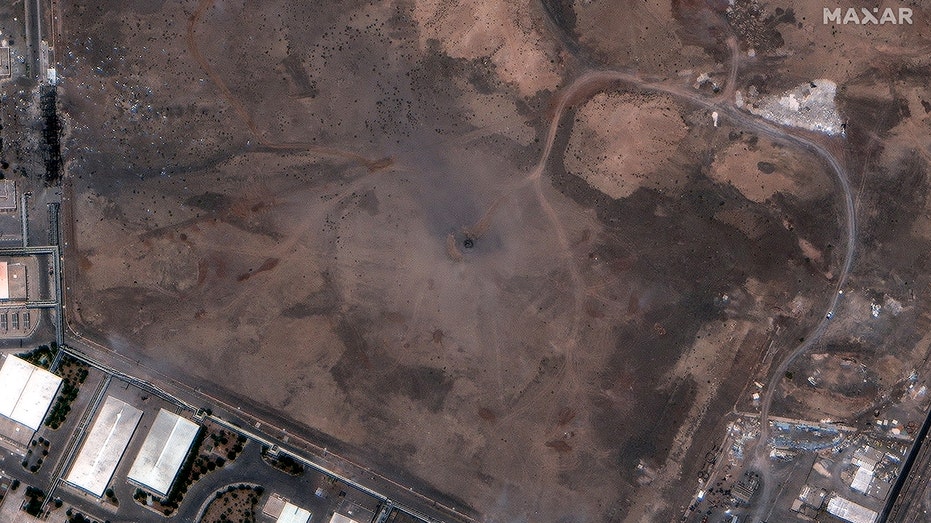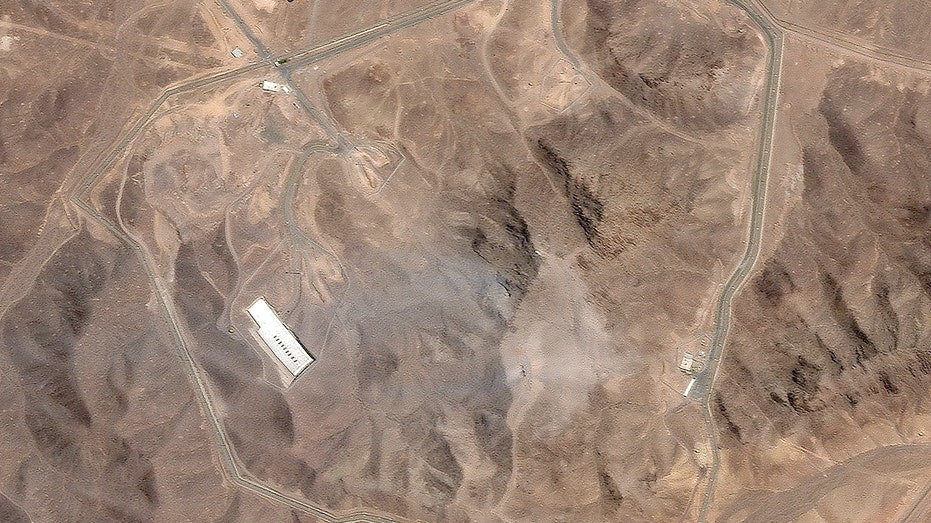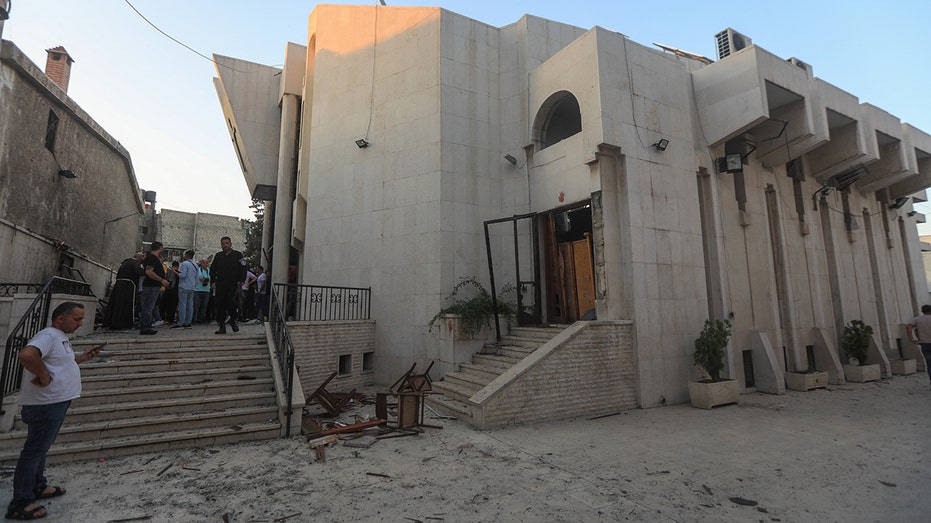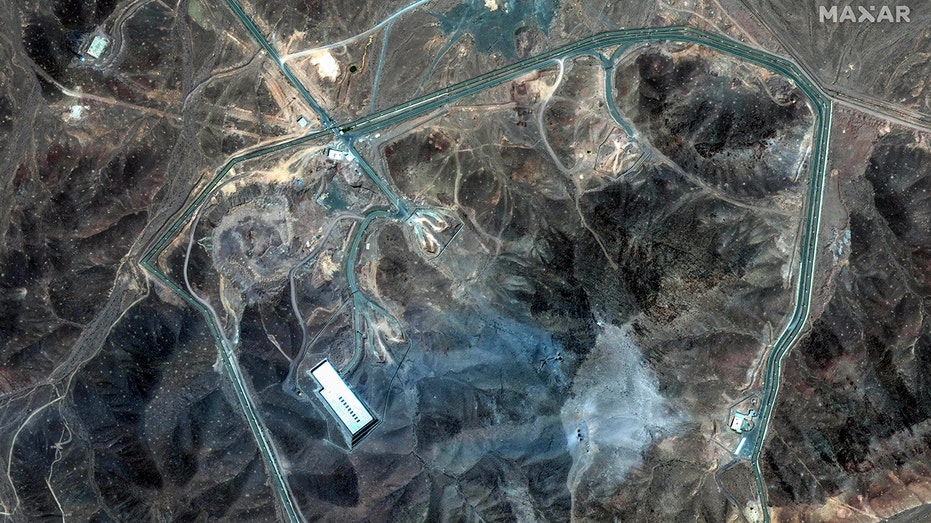Iran Plots Retaliation After US Stealth Strike on Nuclear Sites

Sarah Johnson
June 25, 2025
Brief
Iran faces potential retaliation after U.S. stealth strikes on nuclear facilities, but experts doubt major escalation due to weakened capabilities.
In a dramatic turn of events, Iran finds itself reeling after a stealth U.S. strike, dubbed Operation Midnight Hammer, targeted three of its critical nuclear facilities—Fordow, Natanz, and Isfahan. The attack, executed with B-2 stealth bombers, has left the regime scrambling for a response, though experts suggest its bark may be louder than its bite.
Jacob Olidort, a seasoned voice on Middle East security, describes Iran’s current posture as more posturing than power. He predicts a potential face-saving retaliation, possibly through cyber-attacks or regional infrastructure hits, but doubts any major escalation. Why? Iran’s capabilities have taken a severe hit, not just from this operation but from Israel’s earlier strikes on nuclear and missile sites, which also claimed key military leaders.
Meanwhile, Iran’s response to the U.S. action has been swift but limited, with missile strikes on Israel injuring at least 20 and hitting multiple sites. Yet, Tehran’s rhetoric—claiming the end of diplomacy and asserting self-defense—feels more like a wounded growl than a war cry. On the other side, President Trump’s call for peace adds a layer of intrigue to this high-stakes chess game.
What’s striking is the silence from Iran’s proxies in the region. Their hesitation to rally behind Tehran might signal a deeper weakness, a crack in the regime’s once-feared influence. As for the nuclear program, Olidort estimates the U.S. strike could set Iran back by a decade, building on Israel’s prior damage that already delayed progress by years. Still, the full impact—whether enriched materials were destroyed or relocated—remains unclear, as does the battle damage assessment, according to Gen. Dan Caine of the Joint Chiefs of Staff.
This moment feels like a turning point. Iran’s nuclear ambitions, long a global flashpoint, may have just hit a wall. But the question lingers: will this strike ignite a broader conflict, or force a reluctant regime to the negotiating table? The world watches, and waits.
Topics
Editor's Comments
Well, folks, Iran’s nuclear dreams just got a stealthy wake-up call courtesy of Uncle Sam’s B-2 bombers. They’re talking a big game about retaliation, but with their facilities in rubble and proxies playing hide-and-seek, it’s like watching a chess player with no pieces left threaten checkmate. Here’s a thought: maybe Tehran’s next ‘cyber-attack’ will just be hacking into a peace treaty PDF. One can dream!
Like this article? Share it with your friends!
If you find this article interesting, feel free to share it with your friends!
Thank you for your support! Sharing is the greatest encouragement for us.



